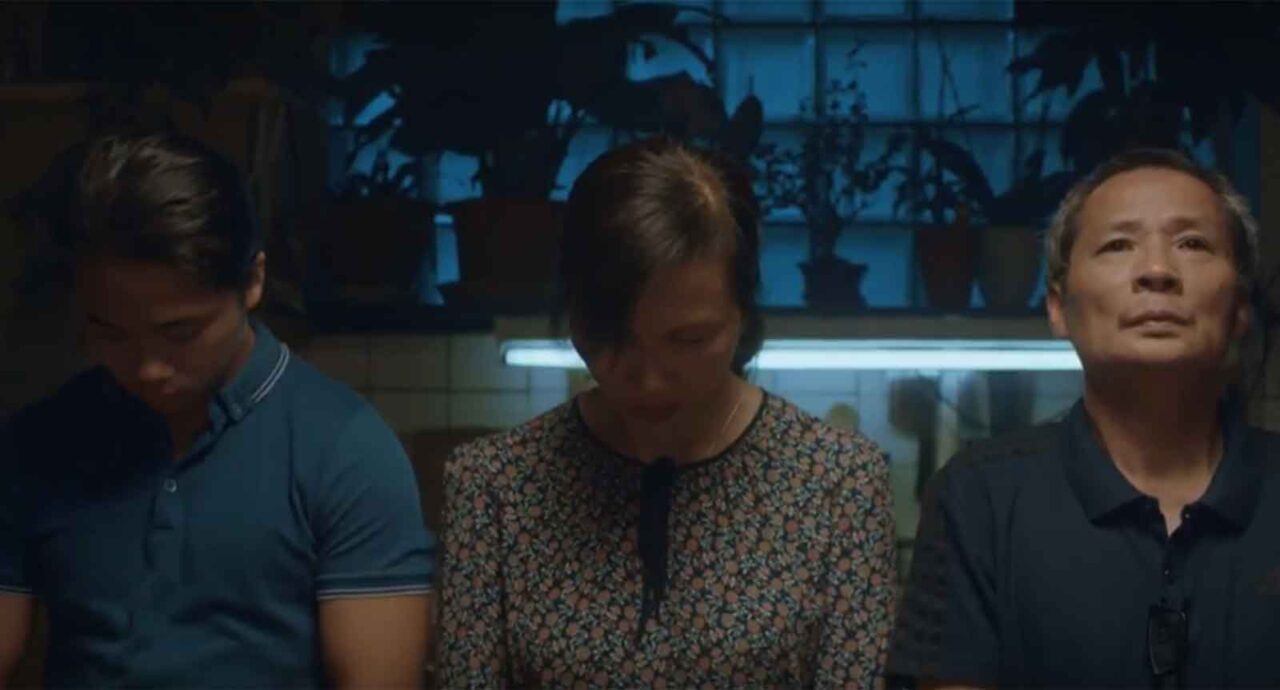Where Are You From?
An Attempt to Straddle the Line Between Two Cultures
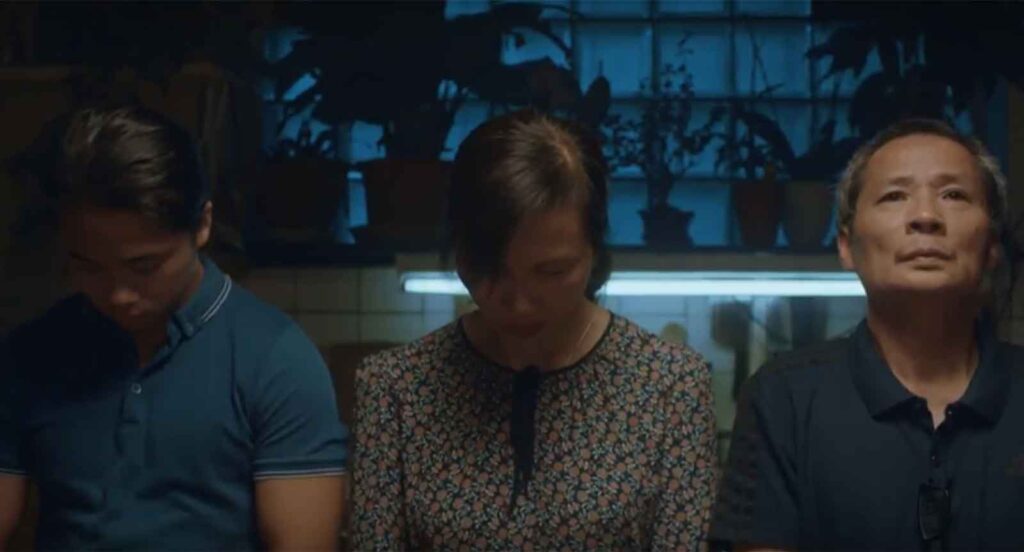
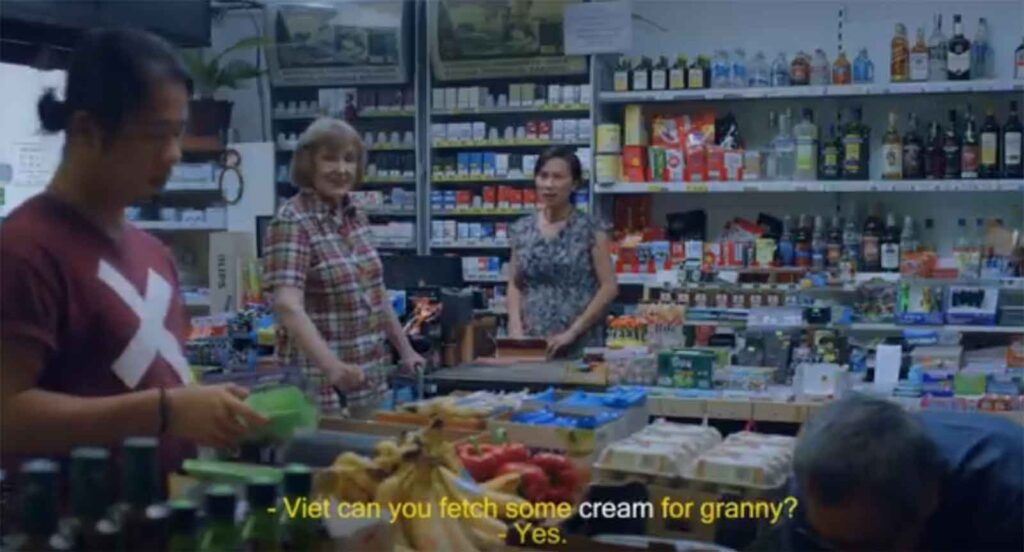
What a stupid question. It is becoming increasingly difficult for a rapidly growing number of people to answer this question and pinpoint exactly where they are from, as more and more people are beginning to migrate from one place to another.
Sure, I get it. Most of the time when people ask “Where are you from?” in a general setting, they mean “What is your home country?”. But even then, it’s not an easy question to respond to. For the protagonist in Bo Hai, this is exactly the case. There is no simple answer.
Bo Hai, directed by Duzan Duong, tells the story of a young man trying to navigate his way through life, when he is essentially living in two worlds simultaneously. Our protagonist is Viet, the son of two Vietnamese immigrants living in the Czech Republic.
As the child of immigrants myself, I related to him a lot. I understood the difficulty of connecting the two separate lives he has: the one with his family and the other with his friends. I understood the attempt at fitting into both cultures: the one he formed today and the one his parents, but especially father, formed before. I understood the frustration at never really finding a good way to embrace both sides of his life at once.
As a story, Bo Hai flows smoothly, quickly establishing the main characters and their relations to one another in the first few scenes. The film immediately shows the disconnect between father and son through the local Czech music Viet is listening to during the car ride on the way to their store. Viet is obviously enjoying it, but his father isn’t a fan; the former is asked to turn it off. Their relationship is a large focus of the short film, being heavily influenced by their different stances on culture and experiences within their own lives.
Viet has a cross on his shirt in the first quarter of the film, almost like he has been specifically targeted from the beginning. It is his journey we follow as he spends a lot of time and effort learning how to balance his Vietnamese and Czech lifestyles.
Viet and his mother have already assimilated into Czech culture communicatively, being able to speak the language and talk to local residents. His father, however, can only speak Vietnamese. His Czech vocabulary is limited to the usual survival small talk and requires his son or wife to translate for him. This makes him vulnerable, both literally and figuratively, because it prevents him from expressing himself properly, his inability to communicate effectively potentially leading to grave misunderstandings.
The language of bilinguals is also conveyed very effectively in Bo Hai. The different colours of the subtitles show the mixing of different languages in the conversations between Viet and his mother, showing the two interwoven together. Technical terminology, like “cream” is spoken in Czech and subtitled in white, while the surrounding questions and small talk are in Vietnamese and subtitled in yellow.
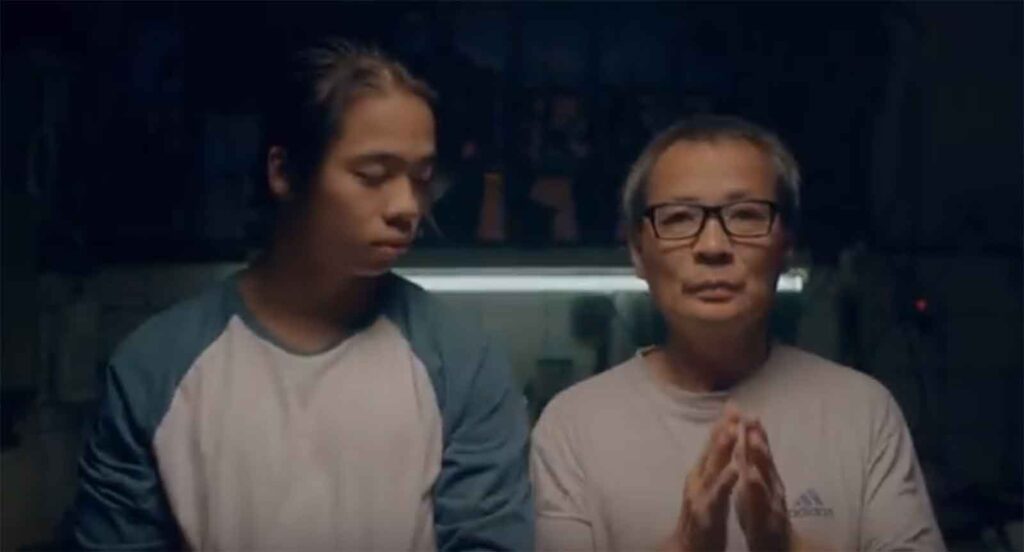
It’s the immigrant’s tongue: a large mixing pot of different languages’ vocabulary, intertwined with each other.
The choice to give the two languages’ subtitles different colours is deliberate and powerful, communicating how the line between the Vietnamese and Czech languages, and therefore cultures, is hard to draw and incredibly blurry. For bilinguals, it’s an enjoyable realization of their own communicative habits, mirroring how an increasing number of us speak today.
Characters in the film also address each other differently, showing their varying relationships with one another. While his name is subtitled the same in both Vietnamese and Czech, the pronunciation of the translated word “Viet” is different. In Czech, he is referred to just as the name is written, but Vietnamese it sounds completely different. This distinction between the two languages shows how people can be part of both cultures and merge them together. It also helps highlight the difference between the methods of communication between Czech and Vietnamese, aiding the understanding of what it means to be an immigrant (especially from another continent).
Bo Hai doesn’t just focus on the effort it takes younger generations to calibrate to living in two cultures, but also highlights the amount of time and energy which immigrants need to put into living a good and prosperous life overseas. Viet’s parents have been working hard everyday in their store for twenty years and it’s clear that they have spent a lot of time building strong connections with locals, shown through their relationships with the customers.
One obvious example is the old lady who addressed Viet’s mother by her name and who is addressed as “grandmother” by Viet and his mother. They’ve obviously watched her age (“She got old so fast, right?”), and have a strong relationship with one another. When Viet and his father are in deep conflict, it is her who he goes to for dinner.
When Viet’s mother needs to leave because her father passed away, the store is left to father and son to run. Here the difference between father and son is heavily exemplified. Viet sells teenagers cigarettes and alcohol without checking their identification, while his father is incredibly set on their age. Viet is trying his best to assimilate into a different world, and decidedly doesn’t want to upset anyone. His father, on the other hand, is more focused on keeping his values aligned.
There’s a wedge between Viet and his father, because they inhabit such polar opposite worlds. Viet is living in two worlds, one with his Czech friends and one with his Vietnamese family. His father is only connected to the latter, due to both the language and lifestyle barriers between him and the local Czech population.
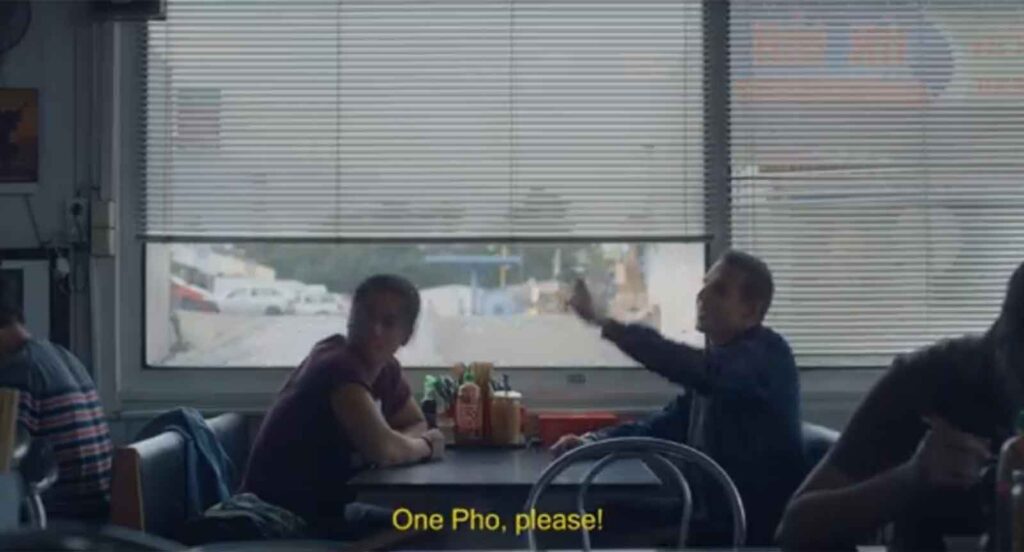
Viet’s father shows him Vietnamese rituals done after the passing of a loved one, and it’s both a moment of bonding between the two of them and an indication that Viet does not know much about his Vietnamese roots. Constantly, he looks to the side to check whether he is following correctly, inspecting his father’s movements and behaviour. But, he is putting in the effort. Even if he isn’t familiar with the ritual, he is trying to understand it.
Bo Hai explores the original disconnection, but slowly mending relationship between father and son. It’s a moment of consolation, comforting almost, when we reach the end of the story and their relationship is quietly being rebuilt, Viet openly participating in the traditionally Vietnamese rituals and confirming he will take care of his parents when they get older.
It’s especially refreshing to see Viet’s supportive and understanding Czech best friend. Especially when there are many other local characters shown to be disapproving of Viet and his family and disgusted by their behaviour, and this being the common view of immigrants in our society, having a character show a deep connection with immigrants is invigorating.
Viet’s friend could easily look at him the same way everyone else seems to. Instead, he gives Viet insight on how Viet’s father is feeling and doesn’t immediately side with him. “Your dad has to manage it all on his own, he must be sad too,” he says. When Viet’s father gets into a fight with some teenage boys in the store, he scares them away and helps clean up their mess after they’ve gone.
Of course, there will always be people who aren’t sympathetic towards ideas and people alien to them, but there are also people who put time and energy into learning about different perspectives. A positive representation like this never fails to both catch you slightly off guard and give you much needed hope.
As immigrants, we are often just trying to fit in and assimilate into new places, attempting to connect the two cultures and lives we live with each other. But as people, we are also trying to connect the different lives we live: the ones with our family, our friends, at work, and so forth. Watching Bo Hai is uplifting, because it presents to us a realistic insight into a slice of a family’s life and shows how even though things can get rough and sometimes people grow apart, it is always possible to attach our broken pieces back together.
And in the wake of the current state in the world, it’s nice to hear a story which attempts, and succeeds, to straddle the line between two different cultures, showing how connecting ourselves to the world around us just makes us better and more interesting people.
All images from Bo Hai, dir. Duzan Duong (2018)


